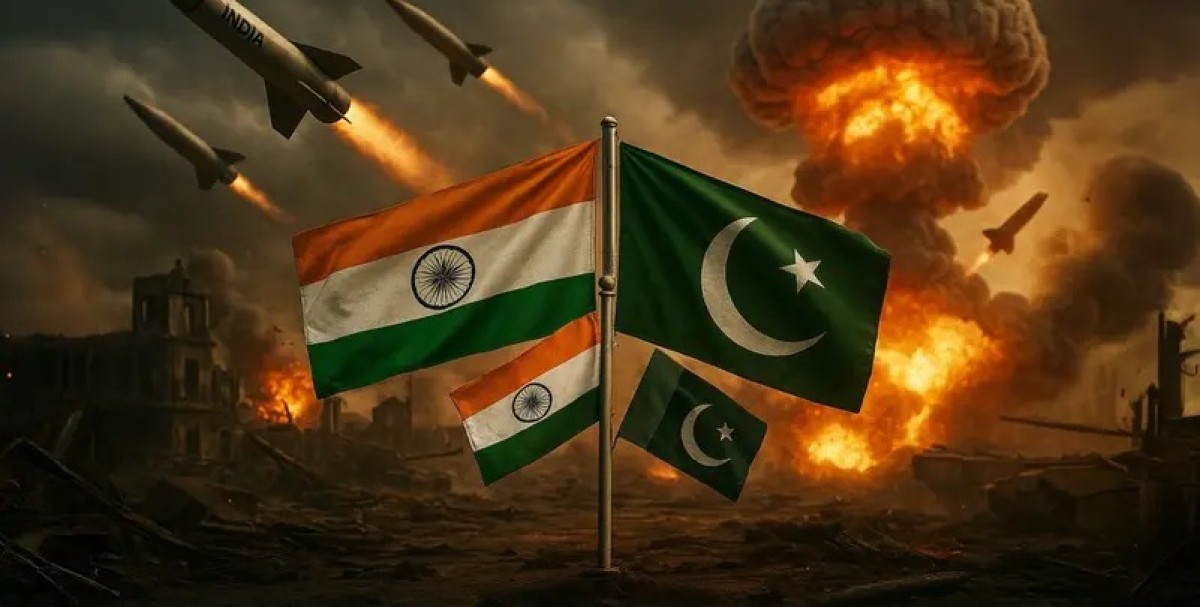Kashmir .. Why did India and Pakistan wrestle over it since the British division


In the early hours of dawn, the sounds of explosions in separate areas of Kashmir, subject to Pakistan, were built, after India launched what it described as a "qualitative attack" on sites describing it as "terrorist infrastructure". It was not completely new, but it launched a series of disturbing questions: Are we on the threshold of a comprehensive war between two nuclear states?
The blood of 26 civilians who were killed in the Indian part of Kashmir have not yet dried up, while New Delhi and Islamabad exchanging accusations, in a scene that restores seven decades of tensions.
The roots of the conflict: When Britain divided the landless land
the beginning of the conflict dates back to 1947, when the British Empire withdrew from India, and left behind two independent colonies: Pakistan with a Muslim majority, and Indian India. Kashmir was a semi -independent kingdom, governed by an Hindu prince at the head of the people of whom the majority of whom was Muslim, which made the decision to join India ignited the first war between the two neighbors.
The first war ended with an actual division of Kashmir without political resolution, so that the seeds of a permanent conflict are sowed.
Wars and clashes: A history of blood and divisions. Since the nineties, an armed rebellion erupted in the India -subject part, led by fighters seeking either the independence of the region or its annexation of Pakistan.
New Delhi has always accused her neighbor of supporting and arming armed groups, while Islamabad rejects accusations and says that she only supports the rights of the Kashmiris to self -determination.
Kashmir today: A beautiful area surrounded by militarization and destruction. The soldiers are spread along the border, the combat aircraft watch the sky, and the civilians live in a permanent terror of bombing, arrests and raids.
In 2019, the region witnessed great tension after an armed attack that led to the first Indian air strike inside Pakistan's lands in decades, which almost ignited a comprehensive confrontation.
The last escalation: a fragile quiet collapse threatening with a big explosion
in 2021, the two parties reached an agreement to a ceasefire along the control line, and this succeeded in calming the conditions relatively. But in recent days, the tension has returned to the interface, amid reports on the launch of missiles and mutual attacks, and warnings of the exacerbation of the situation.
International observers express their concern about the possibility of the conflict out of control, especially with the two countries' possession of nuclear weapons, and the absence of any real initiative for peace.